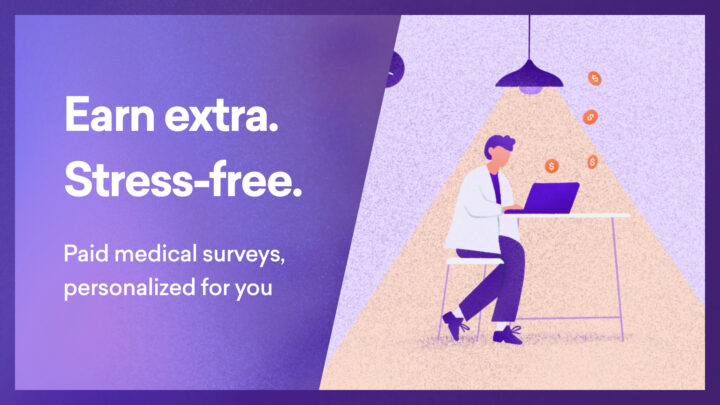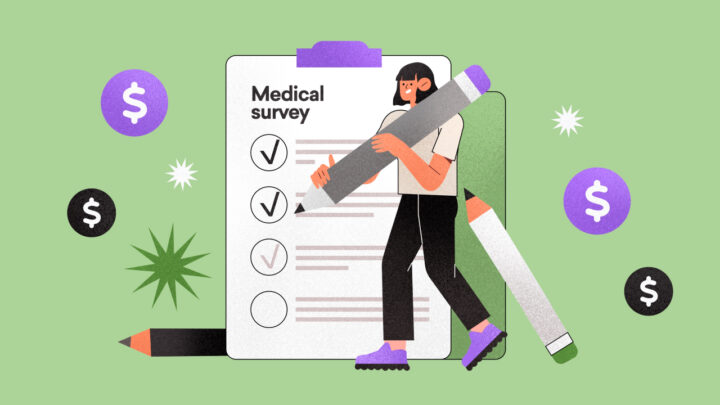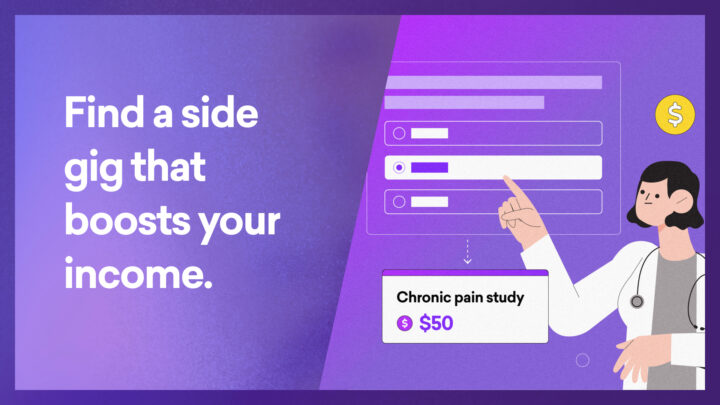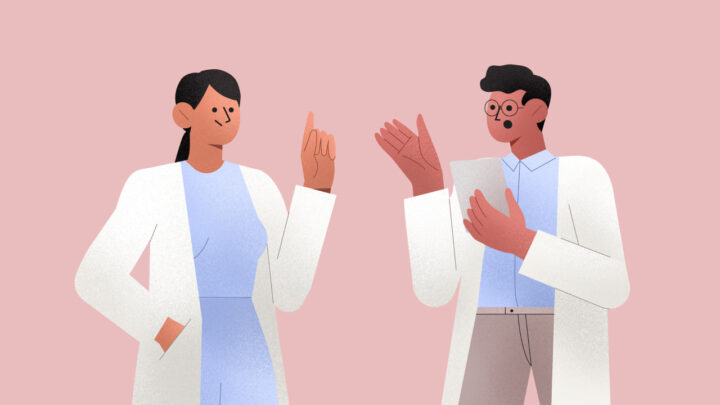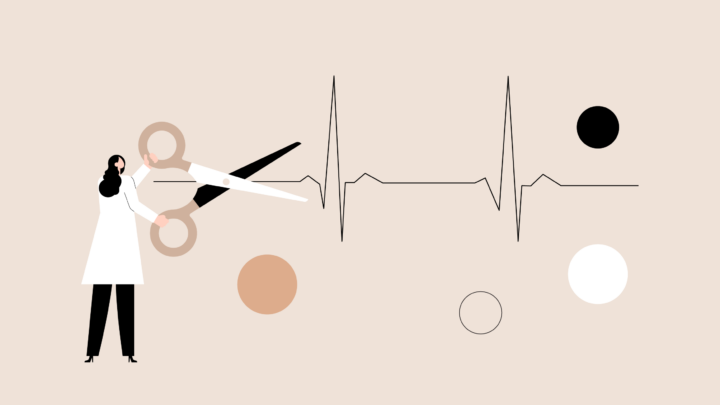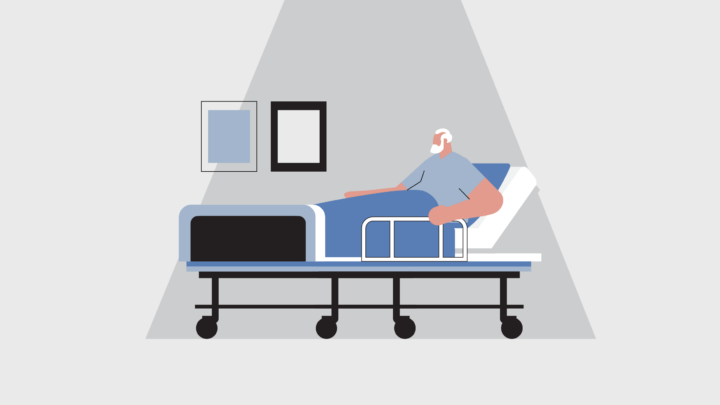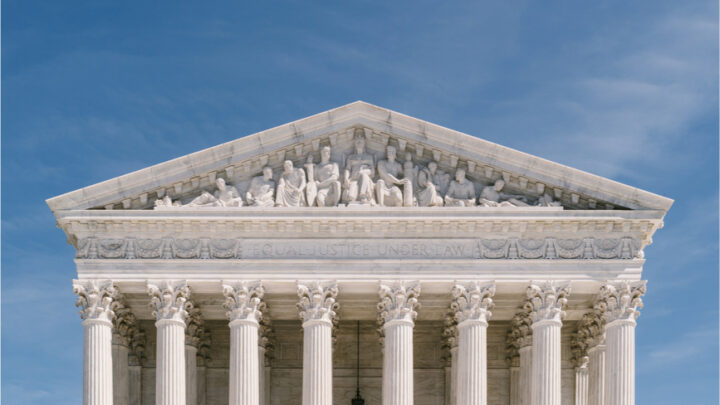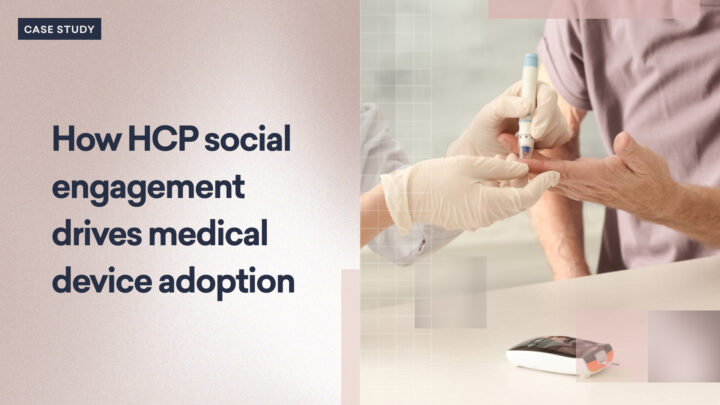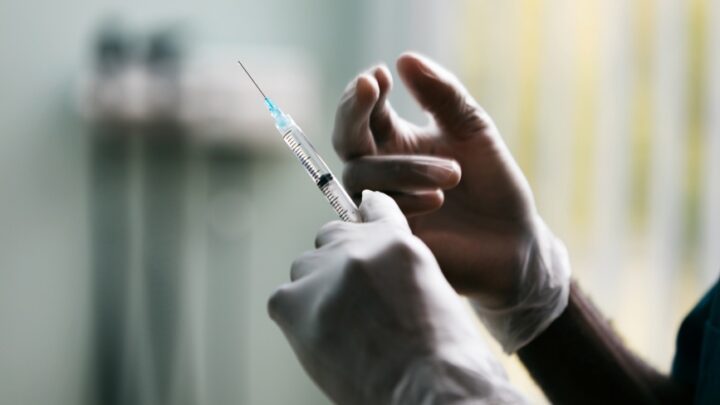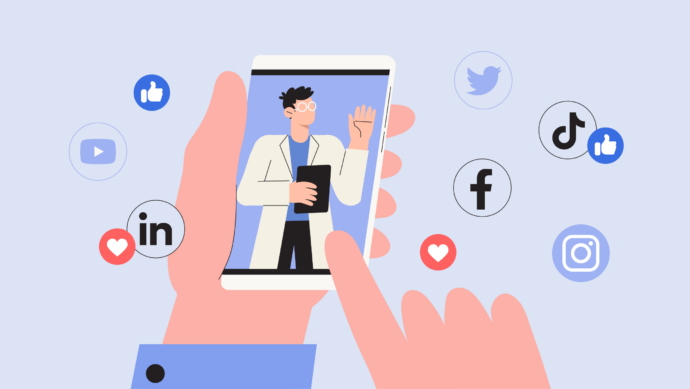
Social media is increasingly shaping the way physicians engage with healthcare information, professional networking and patient interactions.
TikTok, in particular, has emerged as a leading platform for medical influencers, with figures such as Dr. Austin Chiang (@austinchiangmd) amassing over 571,000 followers and 21.7 million likes.1 As the Chief Medical Officer of Medtronic Endoscopy and a GI doctor on TikTok, he exemplifies how physicians are using these platforms to educate the public and engage with medical discussions in new ways.
Yet, the role of doctors and social media remains divisive. When surveyed on their use of TikTok for healthcare-related information, physicians were split nearly 50/50:
- 21% use it daily
- 12% use it weekly
- 4% use it monthly
- 16% use it rarely
- 47% never use it2
This raises critical questions: What motivates physicians to use social media and what prevents others from engaging with it? Is it an effective tool for professional growth and patient education, or is it a source of misinformation and credibility risk?
Using Sermo poll data and physician insights, this article explores the evolving role of social media in healthcare.
How physicians use social media
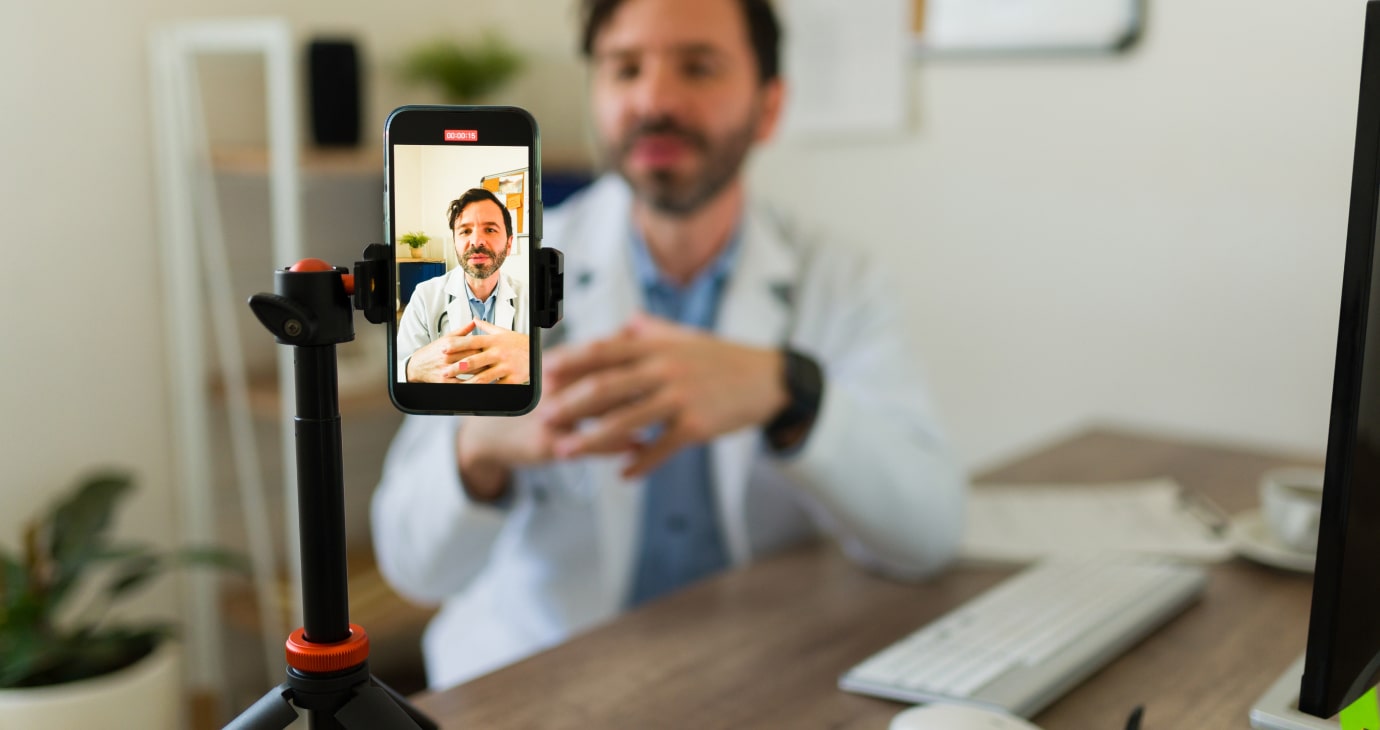
Which social media is best for doctors?
A recent poll of physicians on Sermo shows they engage with various social media platforms, but each platform serves a unique purpose:
- Facebook (23%)
- Instagram (20%)
- Twitter/X (9%)
- TikTok (5%)
- LinkedIn (16%)
- Sermo (26%) (a dedicated medical community platform)2
So what’s the best social media for doctors? The relatively low engagement with TikTok (5%) and high engagement with Sermo (26%)2 suggests that while mainstream social media platforms attract physicians, many prefer specialized networks for professional discussions.
What’s the best way to do social media marketing for doctors?
Your personal brand will play a large role in which approach you take. From Sermo discussions, physicians use social media in the following ways:
- Professional development & networking: Staying updated with medical research, networking and peer discussions. “Social media offers opportunities to connect with peers, share experiences and seek advice from a broader network of professionals.3” – GP on Sermo
- Patient education & awareness: Dispelling myths and providing reliable health information. “I’ve created an online community where I share verified information about nutrition and wellness, answering my followers’ questions directly and encouraging healthy habits.3” – GP on Sermo
- Community building & support: Engaging with patient groups and underserved communities. “Facebook groups designed for patients suffering from a specific disease can be excellent for patients to share treatment experiences.3” – Anesthesiologist on Sermo
- Marketing & practice growth: Increasing professional visibility and attracting new patients.
- Combating misinformation: Addressing false medical claims and correcting misleading narratives.2
The commentary around the Sermo poll indicates social media serves different purposes for different physicians. Those actively using it see value in education, networking and patient outreach, while those avoiding it may see greater risks than rewards.
The pros and cons of physicians using social media
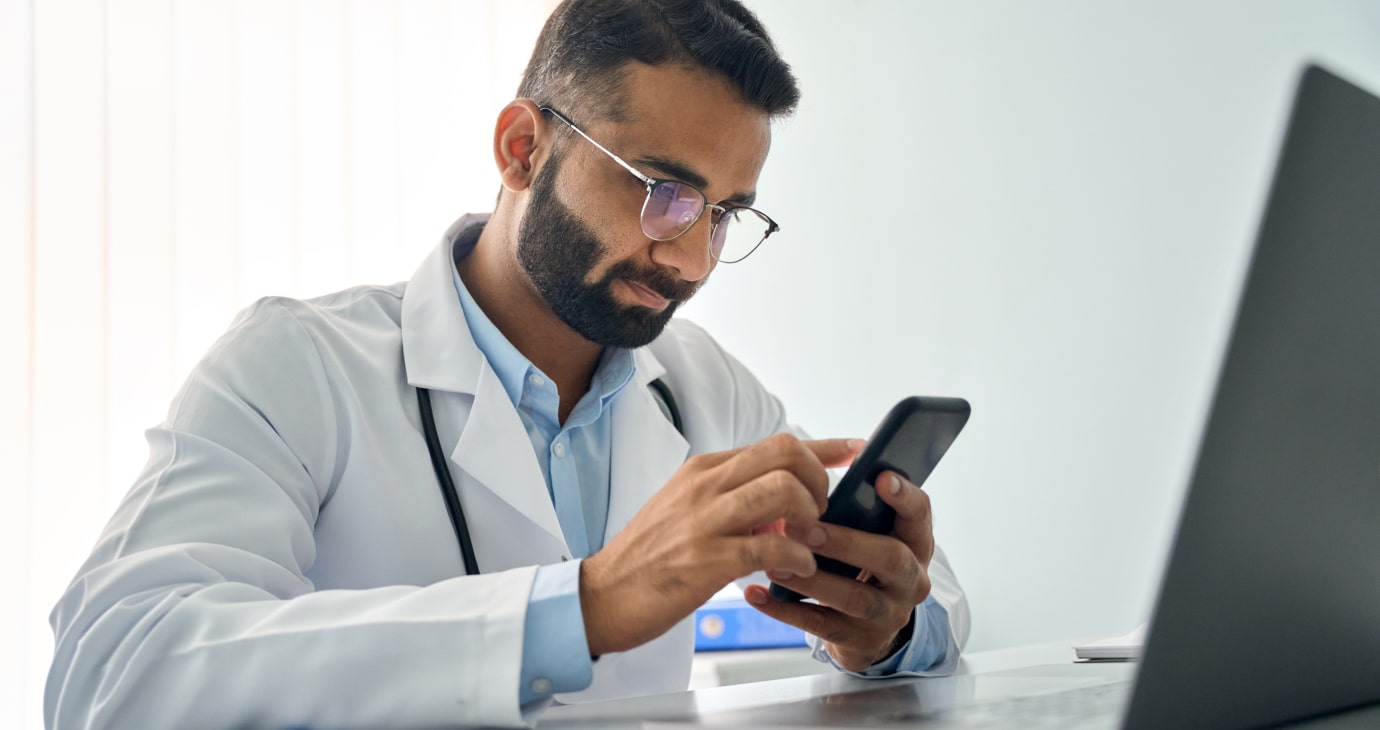
Pros: expanding healthcare awareness and communication
When asked about the primary influence of TikTok and similar platforms on healthcare, physicians highlighted several benefits:
- 25% said raising public awareness about medical issues
- 9% said enhancing doctor-patient communication
- 8% said promoting professional collaboration2
These findings indicate that a subset of physicians recognizes social media’s role in democratizing medical knowledge. As a GP on Sermo explains: “Social networks can be an excellent medium for transmitting prevention messages to the public.3”
This is particularly important for young audiences, who turn to TikTok for health information. A Sports Medicine Sermo member notes: “I believe that social networks can be an appropriate means of disseminating health issues in the general population, particularly among young people.3”
Cons: What’s the greatest risk in using social media for clinical guidance?
However, 43% of physicians believe TikTok spreads misinformation about treatments, making it the most cited concern.2 When asked about the biggest risks of physician engagement on TikTok, responses included:
- 35% – Risk of spreading misinformation
- 24% – Erosion of professional credibility
- 24% – Over-simplification of medical content
- 14% – Breaches of patient privacy2
Physicians like a Rheumatology Sermo member warn: “Information available on social media usually is limited and oversimplifies medical decision-making and diagnosis.3” Similarly, a Sermo member for Occupational Medicine points out: “It can be very difficult to distinguish between reliable and unreliable sources of information on social media.3”
While social media can amplify reliable health education, it can also distort complex medical concepts, leading to misinformed patient decisions. The viral nature of social media rewards engagement over accuracy, meaning sensationalized or simplified medical advice can sometimes overshadow nuanced, evidence-based information.
Furthermore, patients may struggle to differentiate between credible sources and anecdotal experiences, leading to increased skepticism toward medical professionals and an erosion of trust in established healthcare practices.
Do physicians support a TikTok ban?
The U.S. government’s recent TikTok banning and then unbanning4 due to security concerns sparked debate among physicians about its impact on healthcare communication.
While some physicians on Sermo welcomed the decision, seeing TikTok as a source of misinformation and potential security risks, others questioned whether banning the platform addresses the real issue: misinformation itself.
- 23% supported the ban, citing positive impacts
- 29% said it’d have no impact
- 10% were upset by the ban2
Physician perspectives on the Sermo community varied widely:
- “TikTok should disappear from the planet.3” – Sermo member in Neurology
- “Banning TikTok is just a Band-Aid and won’t solve the problem. There needs to be active campaigns against misinformation rather than passive measures like banning a single platform.3” – Neurology member
It’s clear many physicians recognize that misinformation isn’t confined to a single platform. Banning TikTok may temporarily remove one avenue of misleading content, but without broader media literacy and regulation, misinformation will persist on other platforms.
Instead of focusing on banning platforms, some argue that a more effective approach would be strengthening digital health education, promoting critical thinking skills and ensuring credible medical professionals are present and active in online spaces. This approach could counteract misinformation at its source, rather than simply shifting it elsewhere.

Emerging platforms and the future of social media in healthcare
As TikTok faces scrutiny, some physicians are looking toward alternative platforms that provide more structured, reliable discussions over algorithm-driven, viral content.
While 14% of surveyed physicians are very interested in exploring X (Twitter) rival Bluesky for medical insights, and 26% are somewhat interested, a significant 26% remain neutral,2 indicating that the future of social media in healthcare is still in flux.
Many physicians prefer professional networks like LinkedIn and Sermo for focused discussions and evidence-based exchanges as described by this Sermo member in Emergency Medicine, “I use LinkedIn because I find it to be a reliable source of information.3”
However, skepticism remains about whether new platforms can truly mitigate the risks associated with social media engagement. The lack of regulation on emerging platforms and the risk of echo chambers could still allow misinformation to flourish in different forms. Some physicians worry that without proper moderation and verification mechanisms, misinformation could persist, merely shifting locations rather than being eliminated.
Your takeaway
The role of social media in healthcare is complex. It can educate or mislead, build credibility or erode trust. Physicians have a responsibility to navigate these platforms ethically.
Key insights from Sermo’s physician community:
“We must find a balance between providing adequate healthcare and the influence of social media channels on bridging information.3”
– A GP Sermo member
“Social media can’t be used without filters to provide medical information.3”
– GP on Sermo
“Doctors should be pioneers in disseminating verified health information.3”
– Sermo member for Pediatrics
Social media isn’t inherently good or bad—it depends on how it’s used. For physicians, using these platforms responsibly can expand knowledge-sharing, enhance patient education and counter misinformation. However, careful platform selection and content validation remain critical to ensuring credibility in the digital age. However, by treading this line and engaging the public, physicians can be the next TikTok doctor success like Dr. Chiang.
The future of healthcare-related social media will likely depend on balancing accessibility, regulation and professional discourse to ensure that online medical engagement remains both informative and responsible.
Join the conversation on Sermo
Social media is changing the way doctors engage with patients, share insights and collaborate—but how can doctors best engage on social media?
Contribute to this ongoing conversation on Sermo, a global community of physicians who share peer insights, discuss real-world cases and take part in polls with peers to stay informed and connected.
Footnotes
- Chiang, A., 2024. TikTok Profile.
- Sermo, 2024. Impact of Social Media on Healthcare Practices [Poll]. Sermo Community.
- Sermo member, 2024. Comment on Impact of Social Media on Healthcare Practices [Poll]. Sermo Community [Private online forum].
- DW News, 2024. TikTok returns to US app stores weeks after Trump delays ban.
